Post by : Soumya Jit
In today’s fast-paced world, time is one of the most valuable resources a professional can have. Yet, many busy professionals struggle to manage their schedules effectively, leading to stress, missed deadlines, and decreased productivity. Mastering time management is not just about working harder; it’s about working smarter, prioritizing tasks, and making every minute count.
This guide provides practical, actionable tips to help busy professionals take control of their time, boost efficiency, and achieve their goals without burning out.
Mastering time management is essential for busy professionals seeking success, efficiency, and balance. By setting clear goals, planning in advance, prioritizing tasks, minimizing distractions, and using technology wisely, you can take control of your schedule and achieve more in less time.
Time management is not just a skill—it’s a lifestyle. Professionals who implement these practical tips will reduce stress, improve productivity, and enjoy a more balanced and fulfilling life. Start today, take small steps, and gradually build the habits that will transform the way you work and live.
Effective time management impacts both professional and personal life:
Increased Productivity: Proper planning helps accomplish more in less time.
Reduced Stress: Prioritizing tasks prevents last-minute rushes and missed deadlines.
Better Work-Life Balance: Allocating time efficiently allows professionals to spend quality time with family and pursue personal interests.
Enhanced Professional Reputation: Consistently meeting deadlines demonstrates reliability and competence.
Without good time management, even the most skilled professionals can struggle to meet expectations, making it essential to adopt practical strategies.
The first step in mastering time management is to clarify your goals. Ask yourself:
What tasks are most important today, this week, or this month?
Which tasks directly contribute to your professional objectives?
Use frameworks like SMART goals (Specific, Measurable, Achievable, Relevant, Time-bound) to define objectives. Once goals are clear, prioritize tasks based on urgency and impact. A popular method is the Eisenhower Matrix, which divides tasks into:
Urgent & Important: Do immediately
Important, Not Urgent: Schedule for later
Urgent, Not Important: Delegate if possible
Not Urgent & Not Important: Eliminate
By focusing on high-impact tasks, professionals can maximize productivity and minimize wasted time.
Planning is crucial for structured time management. Busy professionals should:
Create a daily to-do list: Write down all tasks and rank them by priority.
Use digital planners or apps: Tools like Trello, Todoist, or Google Calendar can help organize tasks and set reminders.
Allocate time blocks: Dedicate specific periods for focused work, meetings, and breaks.
Planning the day in advance prevents reactive work, where you constantly respond to distractions instead of proactively completing tasks.
One of the biggest challenges for busy professionals is overcommitting. Saying yes to every request can lead to burnout and missed priorities. Learn to:
Evaluate requests: Ask if they align with your goals or responsibilities.
Politely decline: It’s acceptable to say no when your schedule is full.
Delegate tasks: Assign responsibilities to capable team members when possible.
Saying no strategically helps protect your time and focus on what truly matters.
Contrary to popular belief, multitasking reduces efficiency. Switching between tasks can decrease productivity by up to 40%, according to research. Instead:
Focus on one task at a time to maintain concentration and quality.
Use the Pomodoro Technique: Work for 25 minutes, then take a 5-minute break.
Batch similar tasks together (e.g., respond to emails in one session rather than constantly checking your inbox).
By concentrating on a single task, professionals can complete work faster and with fewer errors.
Distractions are a major time-waster. Common distractions include social media, unnecessary meetings, and constant notifications. To minimize them:
Turn off non-essential notifications during work hours.
Set designated times for emails and messages instead of checking constantly.
Create a quiet workspace or use noise-canceling headphones.
Communicate boundaries with colleagues to reduce interruptions.
Minimizing distractions allows you to maintain deep focus and complete tasks efficiently.
Technology can either help or hinder time management. Busy professionals should:
Leverage productivity apps like Asana, Notion, or Microsoft Teams.
Automate repetitive tasks, such as scheduling social media posts or sending follow-up emails.
Use AI tools for data analysis, document generation, or reporting.
By using technology strategically, you can save hours every week and focus on tasks that require critical thinking.
Taking breaks might feel counterintuitive, but research shows that short, scheduled breaks improve productivity. Breaks help:
Reduce mental fatigue
Improve focus and creativity
Prevent burnout
Techniques like the Pomodoro method or simply taking a 5–10 minute walk every hour can refresh your mind and enhance overall efficiency.
Time management is an ongoing process. Take time to:
Evaluate your performance weekly: Which tasks were completed? Which were delayed?
Identify time-wasting habits and work to eliminate them.
Adjust your plans and priorities based on what’s working and what’s not.
Reflection ensures that you continuously improve and adapt your time management strategies.
Even the most disciplined professionals need to balance work and personal life. Overworking can lead to stress, decreased creativity, and health issues. To maintain balance:
Schedule personal activities and leisure time.
Avoid checking work emails during off-hours.
Prioritize family, exercise, and hobbies alongside professional tasks.
Good time management is not only about efficiency but also about sustaining long-term health and satisfaction.
Consistency is key to mastering time management. Adopt habits such as:
Planning the night before to prepare for the next day.
Starting with the most important task first (Eat That Frog method).
Keeping a clean workspace to reduce distractions.
Setting realistic deadlines for tasks.
By incorporating these habits into daily routines, time management becomes second nature rather than a forced effort.

How to Start a Business in 2025: Easy Step-by-Step Guide
Kickstart your entrepreneurial journey in 2025! Learn how to start a business with this easy step-by

Fibermaxxing: The New Nutrition Trend That Really Works
Discover Fibermaxxing, the latest nutrition trend boosting digestion, gut health, and overall wellne

Understanding Anxiety Disorders: Simple Guide to Causes, Symptoms, and Treatment
Learn about anxiety disorders in simple words. Discover causes, symptoms & treatments to manage ment
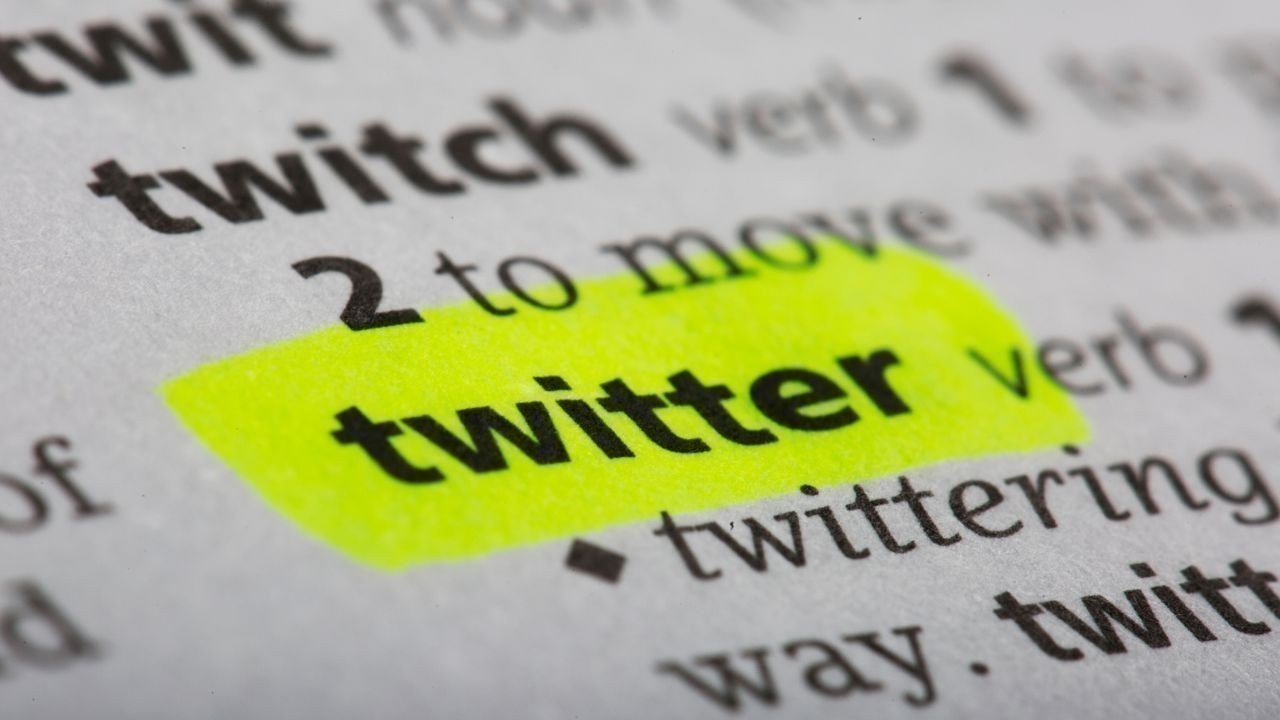
Bluesky Explained: What You Need to Know About the New X (Twitter) Alternative
Bluesky is the new social app competing with X (Twitter). Discover its features, how it works, and w

Saudi Minister Meets Chinese Firms on Mining Deals
Saudi Minister Bandar Alkhorayef meets Chinese mining firms in Beijing to boost investments in the K

UAE Pavilion Debuts at Hangzhou Digital Trade Expo
UAE showcases digital economy innovations at Hangzhou Global Digital Trade Expo, strengthening China
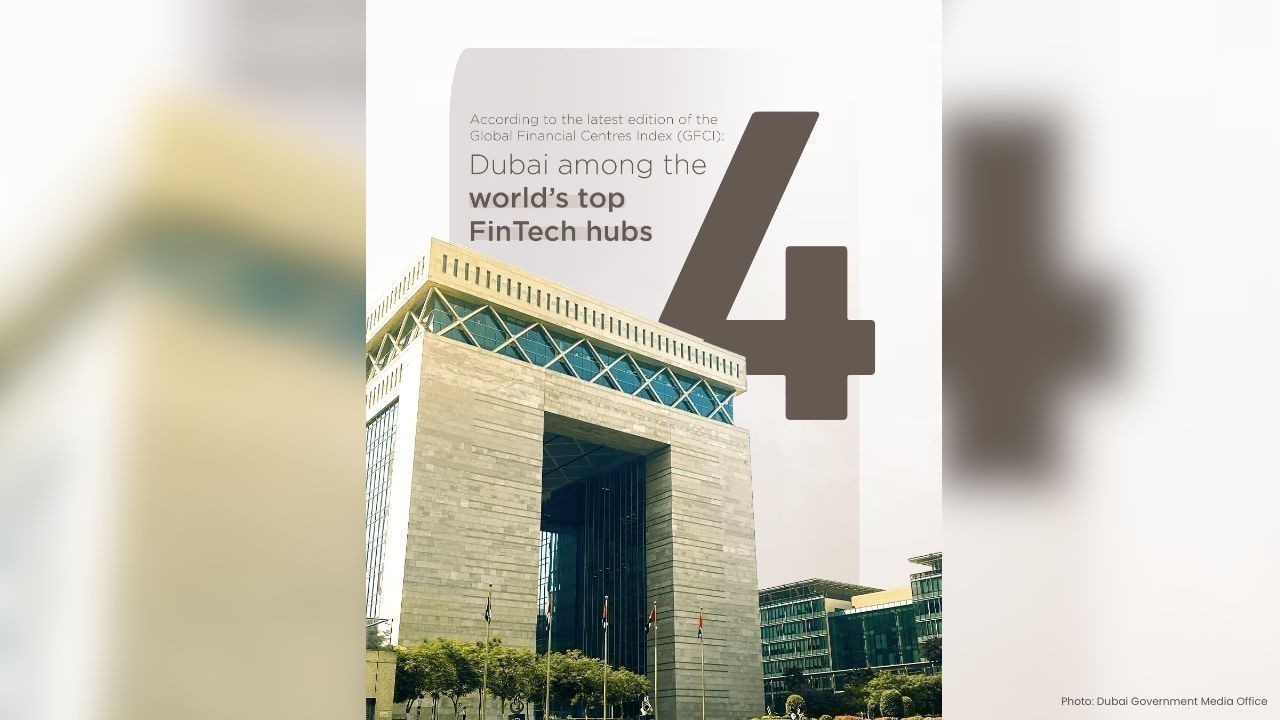
Dubai Ranked Top 4 Global FinTech Hub in 2025
Dubai secures a top-four global FinTech ranking as DIFC hosts 1,500+ innovation firms, raising $4.2B

Fashion and Neuroscience How Clothing Shapes the Brain Emotions and Confidence
Discover how fashion and neuroscience connect Learn how clothing colors and style influence mood

Yoga for Kids Simple Poses and Healthy Habits for Young Minds
Discover easy yoga poses for kids to build healthy habits improve focus and boost physical and emo
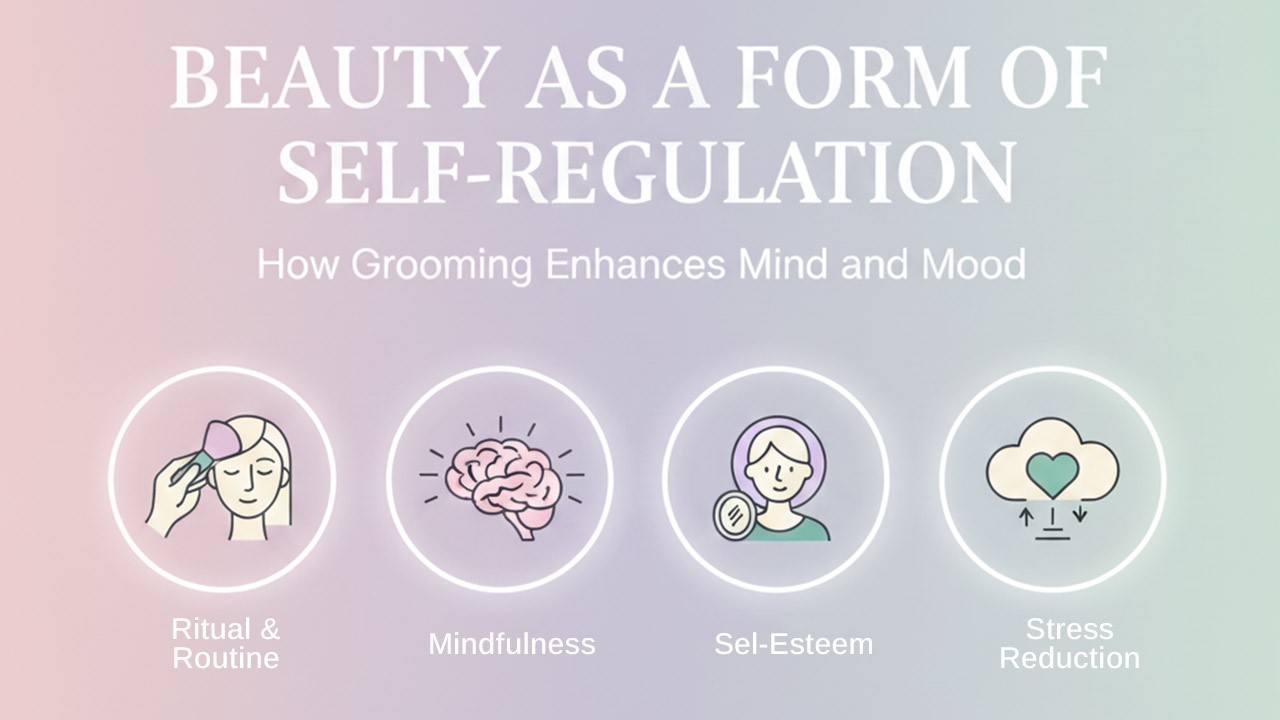
Beauty as Self Regulation How Daily Grooming Boosts Mind Mood & Confidence
Discover how daily beauty and grooming routines help boost confidence calm the mind and improve em
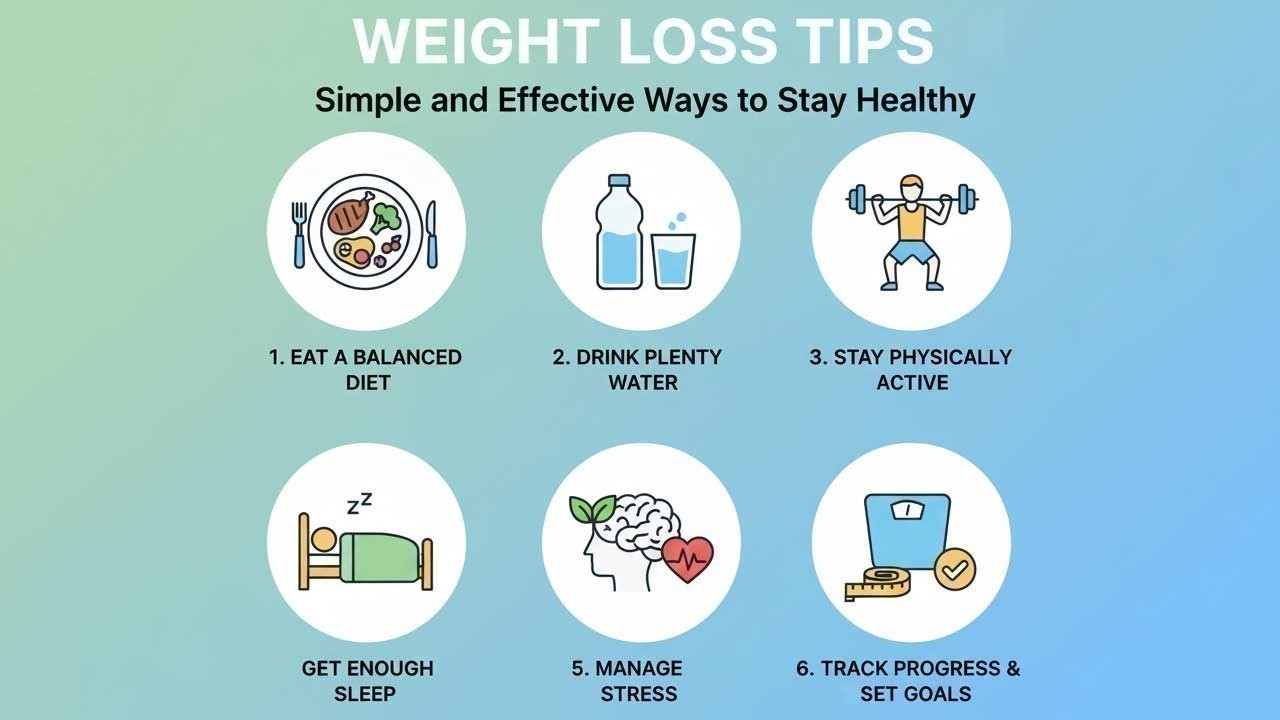
Weight Loss Tips Simple Effective & Healthy Ways to Lose Weight
Discover simple and effective weight loss tips to stay healthy boost energy and maintain a balance
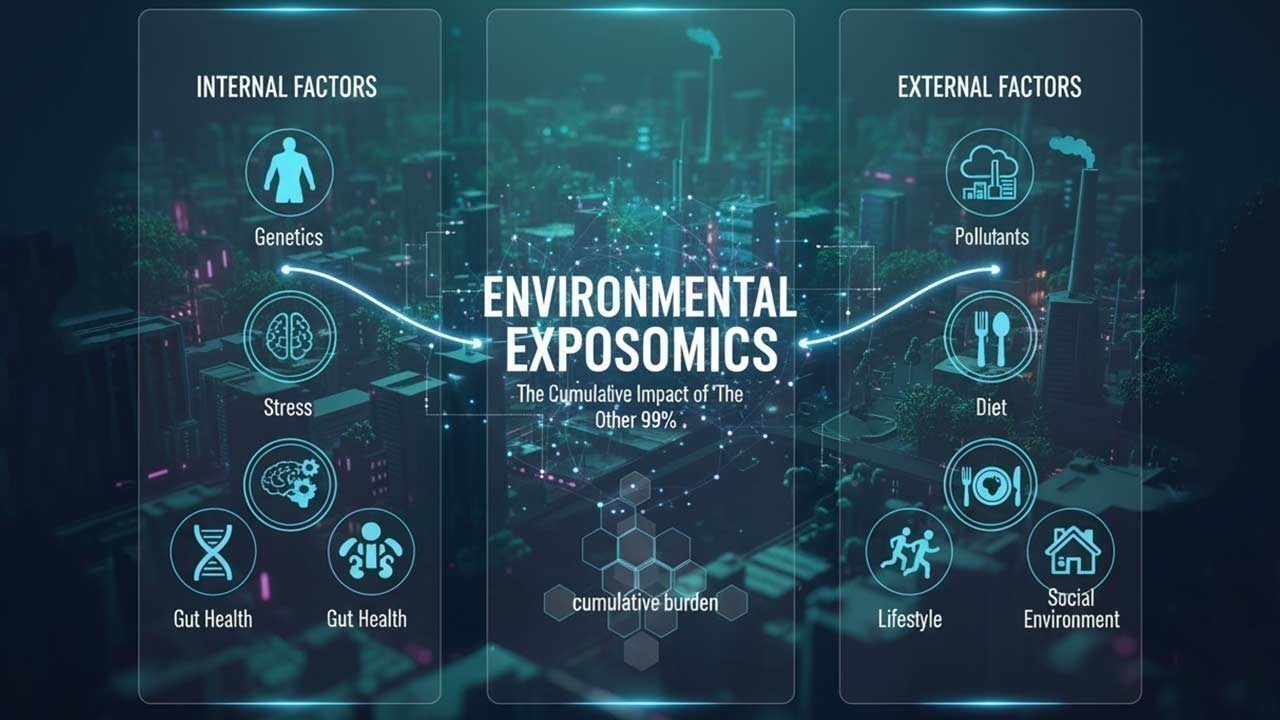
Environmental Exposomics How Daily Environmental Factors Affect Our Health
Discover how environmental exposomics reveals hidden daily exposures affecting our health lifestyle
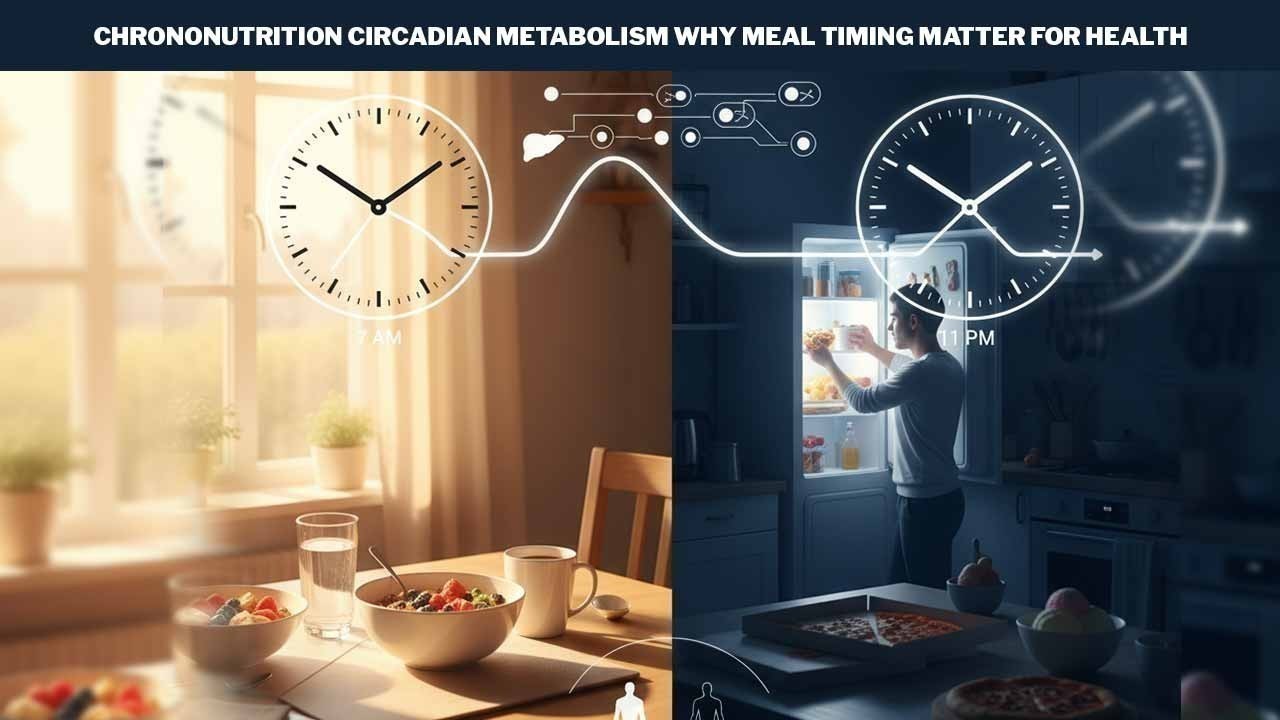
Chrononutrition and Circadian Metabolism Why Meal Timing Shapes Better Health
Discover how chrononutrition and circadian metabolism improve digestion sleep energy and health b

The 5 Most Beautiful Jewels of Princess Diana Symbols of Love Style and Legacy
Explore Princess Diana s 5 most beautiful jewels from her sapphire ring to iconic tiaras each telli
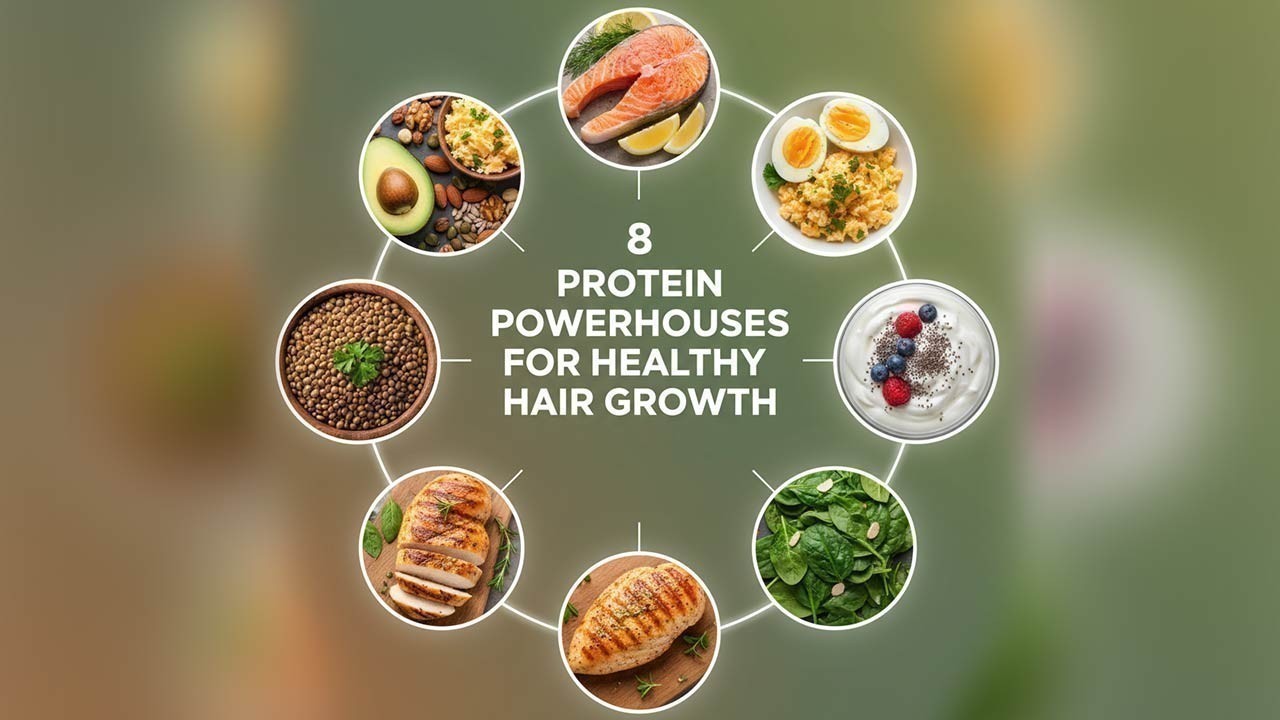
8 Protein Powerhouses for Healthy Hair Growth Strong Shiny Hair Naturally
Boost hair growth naturally with 8 protein rich foods like eggs fish nuts and quinoa for stronger